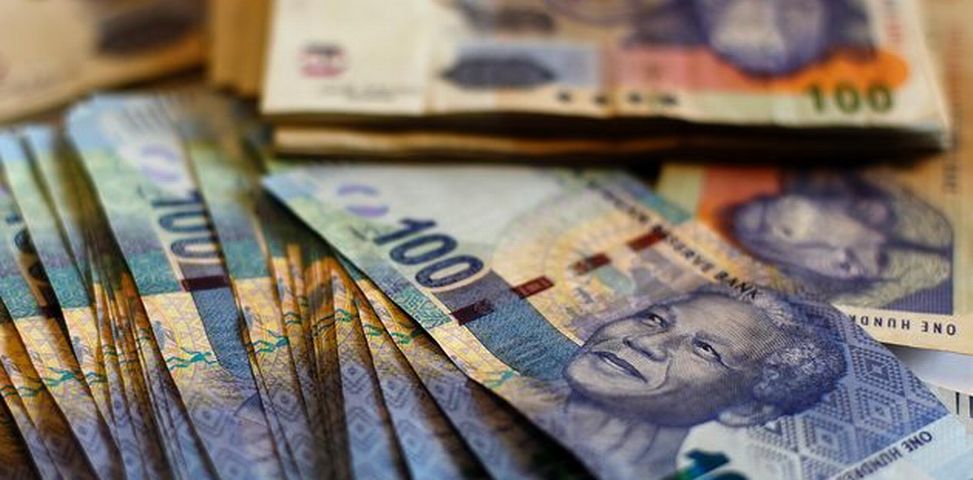Cape Town – One of the questions investors will be asking themselves in January would be whether the dollar is reflecting possible interest rate hikes by the US Federal Reserve in 2017, Adam Phillips of Umkhulu Consulting told Fin24 on Friday.
 According to Phillips, many are expecting three rate hikes by the Fed in 2017, but his estimate is there are likely to be only two hikes.
According to Phillips, many are expecting three rate hikes by the Fed in 2017, but his estimate is there are likely to be only two hikes.
“January looks like it will be a one way bet for the dollar, but I would be careful with almost everyone I talk to being long dollar around the market. Are we at the top end of the rally when it comes to the dollar versus other countries?” asked Phillips.
“While the US gross domestic product (GDP) growth recorded a better number on Thursday, one only has to look at personal spending and income data to see that the fourth quarter might not be as good as forecasted.”
Another aspect to watch, according to Phillips, is the gap between the US and German/Japanese bonds. He explains that by that he means to watch how different monetary policies pan out in the New Year.
The euro in general should be watched, in his view, especially the impact politics will have on it.
As for the pound, Phillips said one would have to see what the impact of Brexit will be on it in the New Year.
“What the British did might cause the Europeans to think again. Politics, the euro, Brexit and the pound are all firmly entangled,” said Phillips.
Another international factor to keep in mind, in his view, is to watch for the impact on currencies of what Donald Trump says and does differently.
Closer to home, Phillips pointed to issues such as possibble court cases against President Jacob Zuma, the actions of the ANC and the direction taken by the SA government in general as factors to watch in 2017 in relation to the possible impact on the rand.
“Can we avoid continuous talk of a downgrading in 2017 and boost the economy? Can SA stay off the radar of rating agencies?” pondered Phillips.
Lastly, he said another question to ask in 2017 would be whether commodities will help the SA economy and the rand.
The rand is one of the most volatile currencies in the world, reacting sharply either way to especially local political developments and global events.